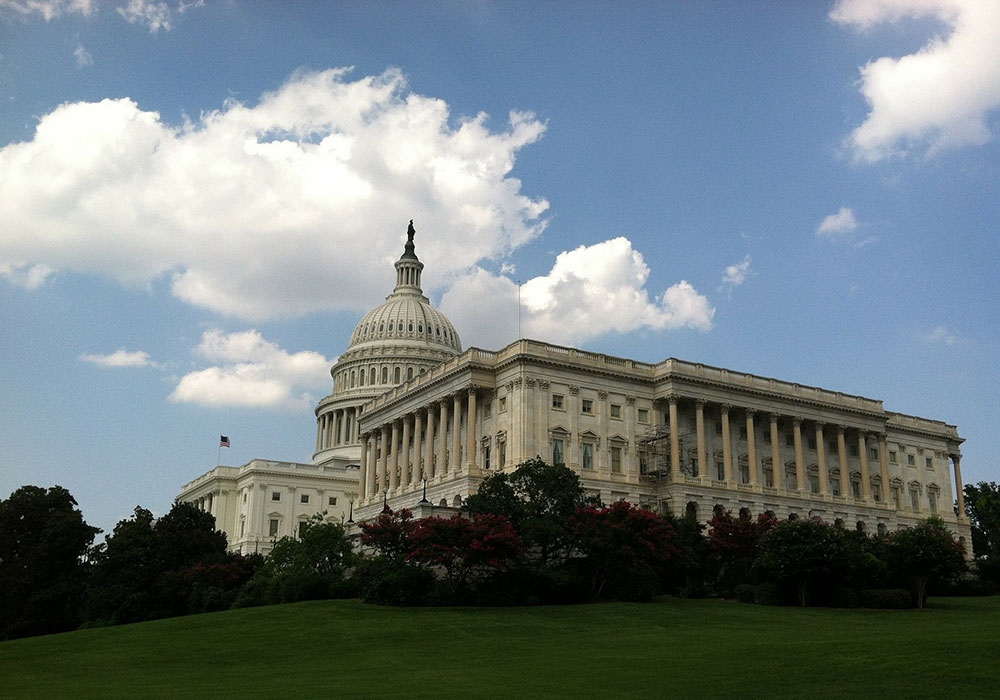Insufficient Nursing Resources Go Beyond Lack of PPE
Nurses have been advocating for increased personal protective equipment (PPE) long before the COVID-19 coronavirus pandemic. Last year two clinicians published a book that reported on their five years of research into trauma in nurses. Their findings showed that lack of PPE, along with a multitude of other factors, led to a variety of traumas in nurses, all of which has been ignored for decades.
Authors Karen J. Foli, PhD, RN, FAAN, and John R. Thompson, MD, found that most nurses experienced at least one of the following types of psychological traumas:
- Medical induced
- Insufficient resource
- Secondary or vicarious
Medical-induced trauma can arise from nurses witnessing their patients suffer, “not only from illness itself, but because of healthcare interventions,” Foli said. “Think of a patient on a ventilator.”
Insufficient resource trauma results from lack of “staff, supplies, knowledge or access to other professionals to fulfill ethical or professional responsibilities,” Foli said. She added that nurses have been navigating PPE shortages long before the pandemic. A survey spanning two decades showed that shortage of resources negatively affects both patients and nurses, endangering patients’ health and nurses’ sense of morality.
Secondary or vicarious trauma is unavoidable in nurses. According to Foli, it occurs when a nurse feels distress while watching a patient experience pain or death.
“That's why we need to offer trauma-informed care to both nurses and patients. Meaningful connections with others is critical, but so is psychological safety,” Foli said. “Until we appreciate the sovereignty of nurses, who practice in a way no other health provider does, solutions to avoid trauma will be stalled. And nurses will continue to struggle.”
The pandemic's hidden symptoms, the social and psychological impact that the disease has on healthcare providers, especially nurses, are causing consequences. Take some time to assess your own well-being, identify areas in your life that you would like to mend, and prioritize activities that you already know bring you joy and promote healing. Visit ONS’s Self-Care Learning Library for resources to support your well-being and resilience.
ONS is working with policy leaders and the nursing community to advocate for PPE on behalf of nurses everywhere. Visit the ONS Center for Advocacy and Health Policy for more information on joining the Society’s advocacy efforts.
Experts Say Fear of COVID-19 Will Cause More Cancer Deaths
Many states temporarily halted nonessential medical procedures in the wake of the COVID-19 coronavirus pandemic. However, Debra Patt, PhD, MD, MBA, an oncologist based in Austin, TX, said she expects cancer mortality to skyrocket over the next few years because of healthcare delays.
According to Patt, screening mammograms are down by 90% in her area, which will result in missed or late diagnoses, leading to more aggressive and deadly cancers.
Colorectal surgeon David Fleeger, MD, also in Austin, said that numerous patients have cancelled colonoscopies. Postponing critical cancer screening “ultimately will lead to more cancers and more deaths,” he said.
Some patients chose to delay their appointments out of fear of contracting COVID-19, Patt said, although one of her patients with breast cancer had to defer her surgery in early spring because the state considered the procedure nonemergency.
Health experts still have more questions than answers about the COVID-19 coronavirus, even as they attempt to coordinate a public response to flatten the curve. At most risk are those with conditions that compromise the immune system, such as patients receiving cancer treatments. Oncology nurses understand all too well that patient-centered care is just that: meeting the patient’s desires. They provide education and support whether a patient chooses to forge ahead with treatment or delay their care for safer times. Read ONS’s recommendations on COVID-19.
Nurses of Color Caught Between Two Pandemics
Nurses are bearing the brunt of the COVID-19 coronavirus pandemic, but minority nurses are experiencing a level of overt and underlying racism added to the burden. Nurses of color recently reported harassment and discrimination across all aspects of United Kingdom’s healthcare sector, NHS England, from medical school to hospitals and care homes. In the wake of George Floyd’s murder, nurses in the United States are standing up and reminding us that this systemic racism is prevalent in their workplaces, too.
“They all say they have experienced racism in the workplace—and that it has gotten worse amid the coronavirus outbreak,” CNN reporter Salma Abdelaziz wrote. “They say they have been pressured to treat COVID-19 patients without proper personal protective equipment, to work in the highest-risk areas with larger caseloads, and are left too scared to speak out, for fear of reprisals.”
"What it means daily is: I am not treated fairly," nurse Efe Obiakor told CNN. "I don't have a voice. Nobody is ready to listen to me. I might be screaming, they know I am screaming, but they are not ready to take action. That's how it feels as a black nurse."
In response to the survey, England’s Department of Health and Social Care released a statement: "Every NHS organization is expected to prioritize and carry out risk assessments for their BAME (black, Asian, and minority ethnic) staff and other vulnerable groups as a matter of urgency, but in addition do everything possible to eliminate discrimination and ensure the right processes are in place to address it swiftly and effectively."
Racism and discrimination in health care are systemic and pervasive, and testimonies from discriminated nurses indicate that no real change is in sight. The impact will affect patient care, at the very least through public health provider attrition. This implicit bias must be changed. Read ONS’s statement and join ONS advocacy to speak out about this critical matter.






